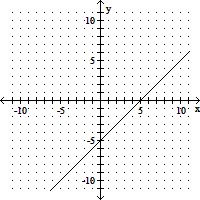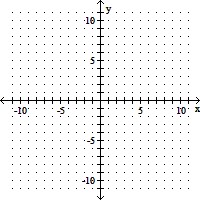Determine the truth of the premises, discuss the strength of the argument, and assess the truth of the conclusion.Premise: I get lower grades than my best friend in math, chemistry, and English.Conclusion: My friend is smarter than I am.
What will be an ideal response?
Answers may vary. Possible answer: Since the example is fictitious, there is no way to determine the truth of the premise. The argument is weak. Perhaps my friend studies harder than I do, perhaps my friend cheats in his classes, or perhaps I get higher grades in biology, history, and art. Moreover, academic smarts are only one measure of intelligence. Since the example is fictitious, there is no way to assess the truth of the conclusion.
You might also like to view...
Find the circumference and area of a circle having the given diameter or radius. Use 3.14 for ?. Round your results to the nearest tenth.r = 1.55 yd
A. 4.9 yd; 30.2 yd2 B. 9.7 yd; 9.7 yd2 C. 9.7 yd; 7.5 yd2 D. 4.9 yd; 19.5 yd2
Solve the problem. Use ? = 3.14 when necessary.A cylindrical container of paint is 3 cm across the top and about 10 cm high. How many cubic centimeters of paint can it hold?
A. 188.4 cm3 B. 282.6 cm3 C. 70.7 cm3 D. 141.3 cm3
Sketch a line passing through the point and having slope m.(5, 0), m = - 1
A. 
B. 
C. 
D. 
Solve the problem.The gas mileage M of a truck using G gallons of diesel fuel to travel a distance of 72 miles is given by  Complete the table to find the number of gallons used by a truck traveling 72 miles if the truck gets
Complete the table to find the number of gallons used by a truck traveling 72 miles if the truck gets  24 miles per gallon.
24 miles per gallon. 
A. 2 B. 3 C. 1 D. 4